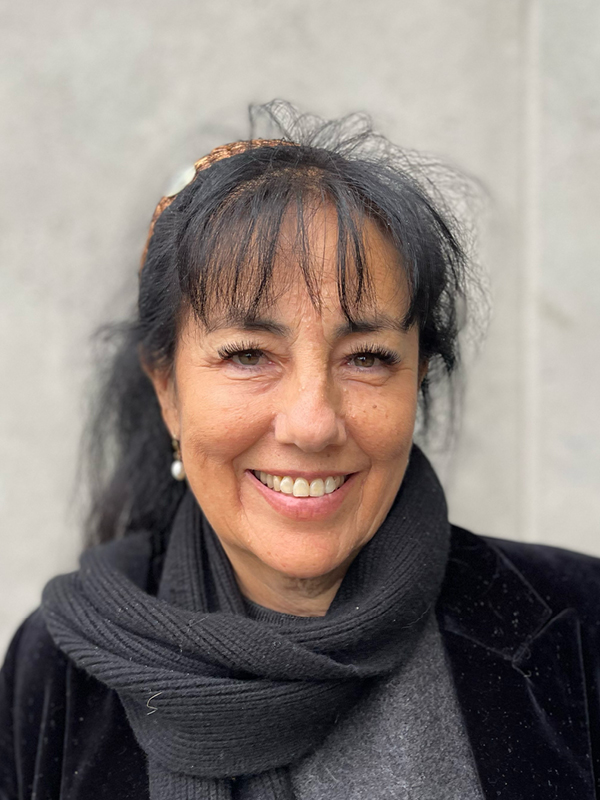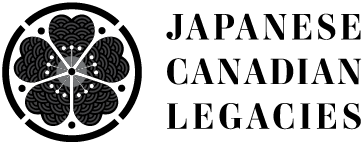Message from the Chief Executive Officer

by Susanne Tabata
Twelve months after we began rolling out our legacy initiatives with the announcement of the Teacher Education team and the JC Legacy Monument Database project, our office has been very busy implementing programs. As we close the year we reflect on the purpose of this work, and are mindful that we walk in the shadows of our elders past and present, and those many individuals who persevered for decades to advance social justice and build communities throughout the country.
In our travels to meet with communities in and outside of BC this past year, we were welcomed by communities large and small, sharing our work and listening to stories that speak to the importance of community and connection. We were also reminded time and again that the BC Government policies of the 1940s forcibly uprooted, dispossessed and drove Japanese Canadians from BC’s coast. The impacts of these actions continue to be felt throughout the country.
Our elders are our survivors, and it was their perseverence that paved the way for us to be able to do this work. We think of the 75 families who mortgaged their homes in the 1960s to purchase land for the first Japanese Canadian Cultural Centre in Toronto, or going back further, Tommekichi Homma, who some hold up as Canada’s first civil rights activist. In 1900 Homma challenged racist provincial voting laws, demanding his full rights as a Canadian citizen – to vote, to serve on a jury, to run for office, to work in any field he chose – in the face of constant, sometimes violent racist opposition. This is the legacy we have to stand on.
It pains us, then, that the Japanese Canadian Survivors Health and Wellness Fund is opening behind schedule. We can assure you that this will open in the New Year, with an easy-to-navigate website so that survivors can receive health support grants for their medical needs. Outreach workers have been hired in BC, Alberta, Manitoba and Ontario and community engagement will begin in January. We acknowledge the frustration of survivors and their families and we look forward to sharing the news that the fund will be open soon.
The Community Fund is the most forward-looking of our legacy initiatives, providing Japanese Canadians with grant opportunities to strengthen and reset community through scholarships, infrastructure, community projects, arts & sports, and intergenerational wellness. We are overwhelmed at the response from across the country. The Intergenerational Wellness stream in particular is at the heart of all we do, providing funding opportunities for families to connect across generations and share and capture their family histories, and we are strengthening capacity in this area to serve this stream of funding.
As a team we continue to learn, and are adapting to the increasing scope of our programs. We aim to keep clarity and fairness as our focus. The JCLS has no ties to any one organization, and we see accessibility as one of our key directives so that individuals, groups and organizations regardless of their perceived ‘status’ in the community, have a chance to develop a project.
Thank you to all at the NAJC who kept the wind in the sails of this work for four years, taking all the risk to support the political advocacy and the three-year build out of the historical wrongs framework. The Japanese Canadian Legacies Society (JCLS) was created to be responsible for the funds, and support the implementation of a predetermined set of legacy initiatives carried forward from the NAJC. We strive to remain true to that vision, and thank the JCLS Board of Directors – Paul Kariya, Karen Nishi, Larry Okada, Brian Tsuji, Fred Yada, and Les Kojima – for keeping a steady governance over our project office. A very special thanks to Paul Kariya with whom I have journeyed for over three years in seemingly endless talks with the Province as we collectively strive to close out the remaining balance of payment set for the monument and the community pillar. And our staff – Larissa Higo, Linda Kawamoto Reid, Lane McGarrity Yumi Kawaoka, Eleanor Clarke, Mike Ogawa, Taylar Ball, Rebecca Boschman, Chiaki Yamada, John Endo Greenaway, and Ella Law – for their dedication to this work. For some it is their first time working in community. Most of all we thank the many community members of all generations who have reach out to us to online, by phone and in person. You are why we are doing this very important and deep work.
